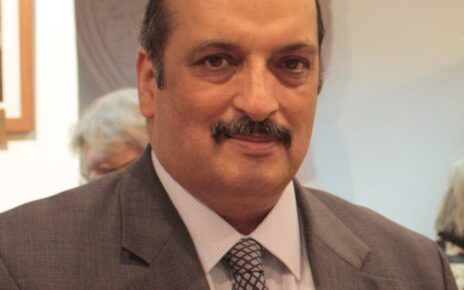Denmark is banning garments that cover the face, including Islamic veils such as the burqa or niqab.
It joins other European countries such as France, Germany and Belgium in the move which will come into force on 1 August.
The government said it was not aimed at any religion in particular and was not banning headscarves, turbans or Jewish skull caps.
The law is commonly known as the “Burqa Ban” across Europe and critics say it is directed at conservatively-dressed Muslim women.
It will be up to police officers to use their “common sense” if they see individuals violating the law, according to Justice Minister Soeren Pape Poulsen.
People will only be allowed to cover their faces for a “recognisable purpose” when the law comes into force.
Examples of acceptable exemptions include bike helmets and clothing that provides protection from cold weather.
Those who break the law could be fined 1,000 kroner (£118) for the first offence.
Repeat offenders could face fines of up to 10,000 kroner (£1,178) or a jail sentence of up to six months.
Anyone who forces others to wear garments that cover the face may also be fined or receive jail terms of up to two years.
Danish MPs approved the law with 75 in support and 30 opposed and with 74 not taking part.
The legislation was brought forward by the country’s the centre-right governing coalition.
When France adopted a ban on face covering in 2010, targeted at women wearing a chador or a burka, it was challenged and taken to the European Court of Human Rights (ECHR).
The ECHR upheld the law in 2014 and accepted the French government’s argument that it was based on a “certain idea of living together.”
The new Danish law could amount to discrimination against a minority group, Louise Holck of the Danish Institute for Human Rights told TV2 television.



